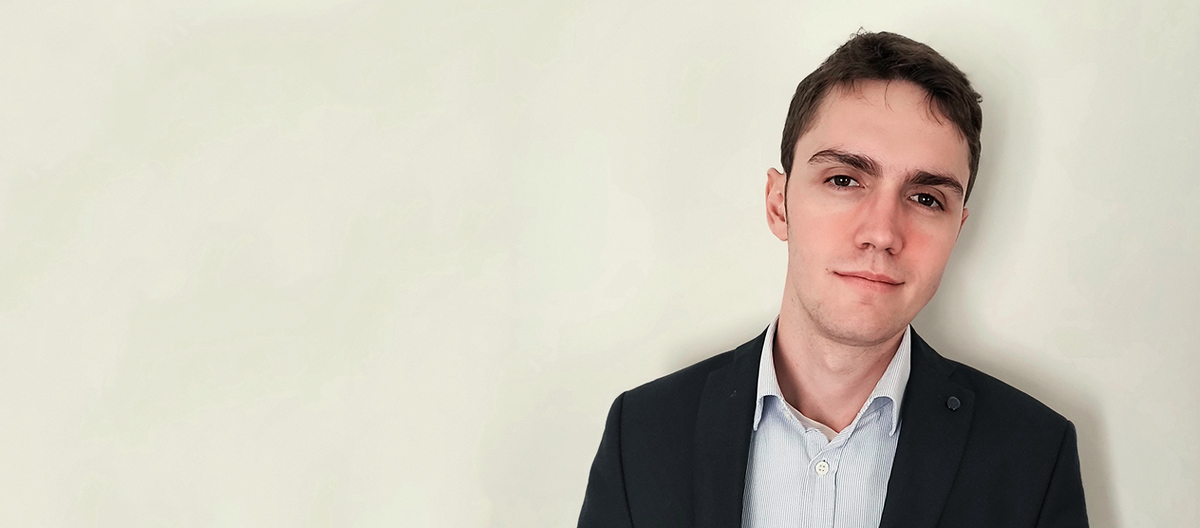
Filippo Machado
Professional Master in HR & Organization
7 June 2022
Filippo Machado, Alumnus of the Professional Master in HR & Organization, made his debut in Automobili Lamborghini, as HR Training & Talent Acquisition. We asked him to analyze for us the present and future of HR in Italy and worldwide and to tell us about the journey that led him to this important result.
A Master’s in HR & Organization in Italy, but in English, to open up an international career. What is your view about this solution and how do you see your future in this respect?
One of the reasons that pushed me to enrol in the Master in HR & Organization course at Bologna Business School was precisely the fact that it was taught entirely in English. This is because, on the one hand, it allows you to interact with an international Faculty, which offers interesting insights into the management of human resources, and on the other hand, it gives you the opportunity to exchange ideas with international colleagues. And I believe that in 2022 we cannot afford to do without an international perspective.
How important do you think a human-centred approach is in the contemporary world of work, and how valuable do you think the Master’s program has been or can be in creating this kind of mindset?
The pandemic has taught us that productivity is directly proportional to the well-being of the people working in companies, which is why the Human-centered approach strives for a paradigm shift in human resources, for which it is no longer the control of personnel that is essential, but rather the trust between staff and employer. The Master’s aims to develop this kind of mindset in order to train the managers of the future who take into account the rapid changes in human resources management.
Hard Skills and Soft Skills. How important is the right balance between these characteristics to build and manage effective work teams, and to what extent can the Master’s program help you find it?
The Master’s allows you to develop skills in analyzing and identifying the individual’s soft skills level: during the recruitment process and in managing resources, a good HR manager discovers and identifies the soft skills and understands which ones need training, while a good line manager deals with hard skills. It is only through cooperation between these two figures that you can both attract and keep talents in the company. The Master’s course taught us the techniques for identifying soft skills and the strategies for communicating and collaborating in the best way with the line.
Innovation and new technologies. They’re important in all industries today, but how do you think they can support professional growth in the HR field?
We’ve been talking about Industry 4.0 for years now, and it’s time to make it happen. HR practitioners are therefore being called upon to revamp the sometimes cumbersome processes that HR management has always engineered. Digitizing these processes will allow not only to streamline and increase the efficiency and effectiveness of human resources within organizations, but also to increase staff engagement by developing systems to reach the needs of workers, wherever these needs may be.
Technology and human value: how much do they matter in your industry, but also in the world of work in general, and how were these two factors balanced within the Master’s program?
Technologies and human value are essential to running any kind of business these days; it is also clear that balancing them is key to running an efficient and inclusive organization. Within the Master’s these factors were balanced through specific courses focused on the potential of new technologies and the ability of human resources to use technology as a way to make work activities more effective and efficient. In fact, it is clear that only through the guidance of human value can technology bring incredible advantages to companies without debasing the centrality of people.
